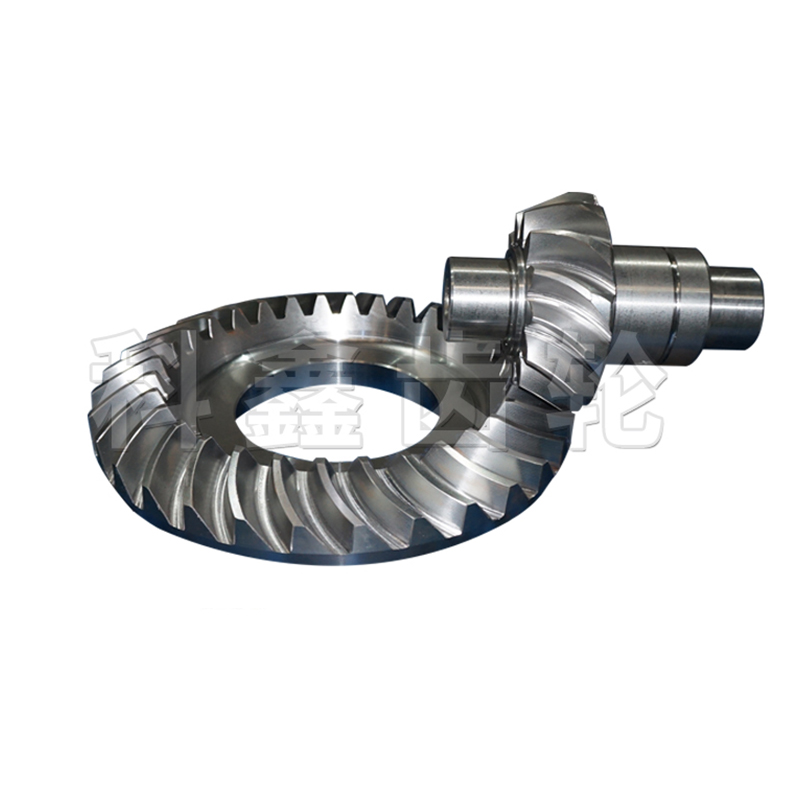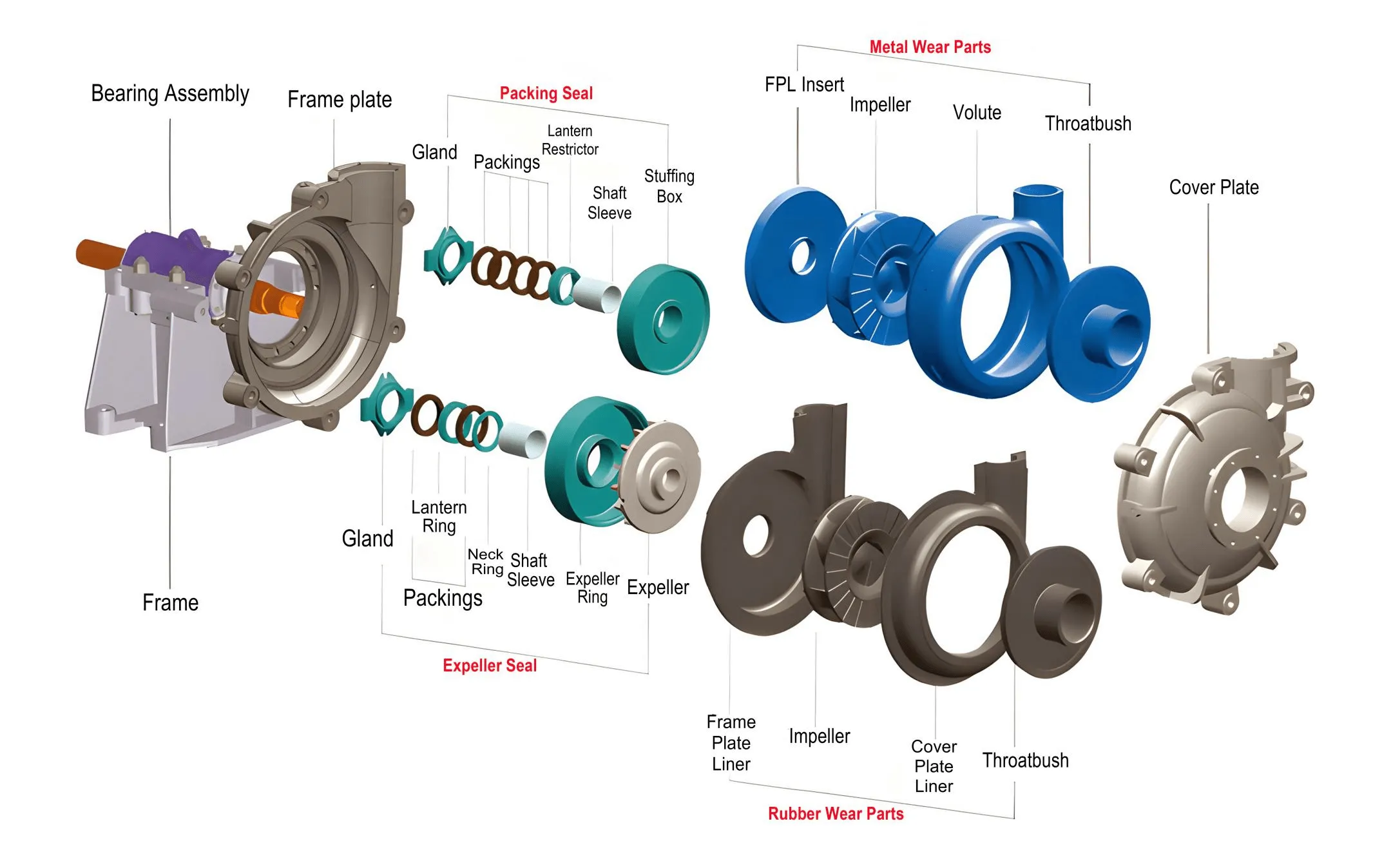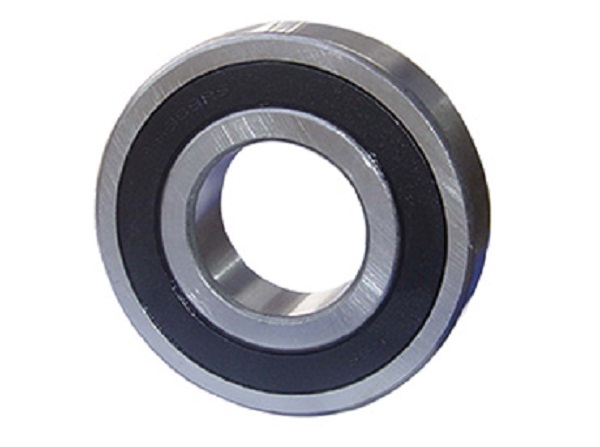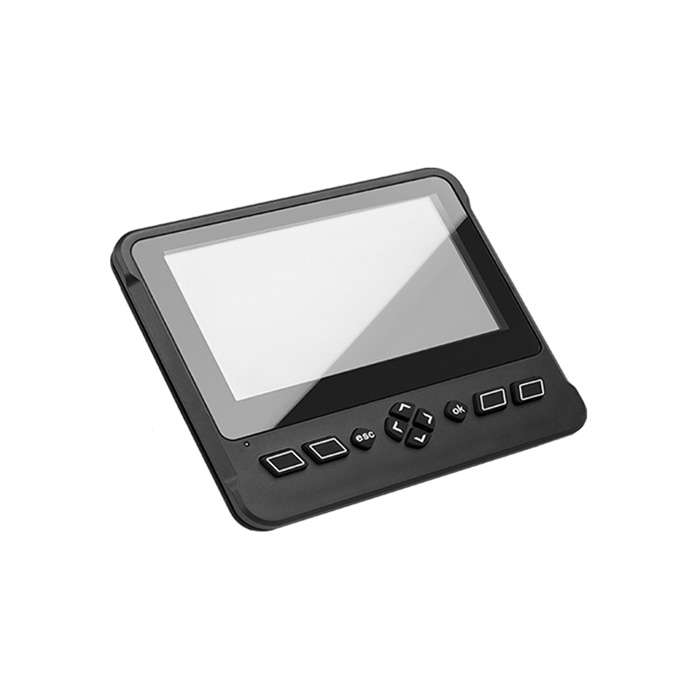Is butt welding the best method for joining pipe fittings?
Butt welding is a commonly used method for joining pipe fittings in various industries, such as oil and gas, construction, and manufacturing. This process involves heating the ends of two pipes or fittings, pressing them together, and allowing them to cool, creating a strong and durable bond. While butt welding has many advantages, it is important to consider whether it is the best method for joining pipe fittings. In this article, we will discuss the pros and cons of butt welding and explore alternative methods to help you make an informed decision.
### Pros of Butt Welding.
One of the main advantages of butt welding is the strength and integrity of the joint it creates. By joining two pieces of metal along their entire length, butt welding produces a seamless connection that is highly resistant to leaks, corrosion, and other types of damage. This makes it an ideal choice for applications where reliability and durability are paramount, such as in pipelines, pressure vessels, and structural components.
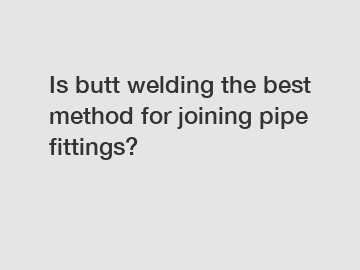
Another benefit of butt welding is its efficiency and cost-effectiveness. Because it does not require additional materials such as solder, adhesive, or fasteners, butt welding can often be a more economical option for joining pipe fittings. Additionally, the process can be automated using specialized equipment, allowing for faster production times and greater consistency in the quality of the joints.
### Cons of Butt Welding.
While butt welding offers many advantages, there are also some drawbacks to consider. One of the main challenges of butt welding is the need for precision and skill to achieve a proper weld. Improper alignment or inadequate heat control can result in weak or defective joints, compromising the overall integrity of the structure. This means that butt welding requires experienced operators and quality control measures to ensure consistent and reliable results.
Another limitation of butt welding is its suitability for certain materials and pipe sizes. Not all types of metal can be effectively butt welded, and thick-walled pipes may require specialized equipment or techniques to achieve a successful joint. Additionally, the process can be time-consuming, especially for large or complex assemblies, which may not be practical for some applications.
Explore more:How Do Indexable Tools Keep Their Edge?
Parts of a ball valve
How do Mist Eliminators work in industrial applications?
How does a 1-inch diaphragm pump work?
What is precision surface finishing?
What are the benefits of using a Volvo Diesel Engine?
What is bellow seal globe valve?
### Alternative Methods.
In addition to butt welding, there are several alternative methods for joining pipe fittings that may be more suitable depending on the specific requirements of your project. For example, socket welding involves heating the pipe and fitting separately and then pressing them together to create a strong bond. This method is often used for smaller pipe sizes and can be easier to perform than butt welding.
Another option is threaded connections, where pipes are joined using threaded fittings and sealants to create a secure seal. While this method may not be as strong as butt welding, it is quicker and easier to install, making it a popular choice for temporary or low-pressure applications.
### Conclusion.
In conclusion, butt welding is a reliable and efficient method for joining pipe fittings, offering strength, durability, and cost-effectiveness. However, it is important to consider the specific requirements of your project and explore alternative methods to determine the best approach. By weighing the pros and cons of butt welding and other joining techniques, you can make an informed decision that ensures the long-term success of your project.
If you have any questions about butt welding or other pipe fitting methods, please do not hesitate to contact us. Our team of experts is here to help you find the best solution for your application.
If you are looking for more details, kindly visit fusion pipe, best concentric reducer, elbow fitting pipe.
Explore more:What are the benefits of Flat Wire Compression Springs?
Can Plastic Be CNC Machined?
What are the application fuilds of rapid prototyping process?
What is precision surface finishing?
Why are ball bearings so important?
What is a Double Eccentric Butterfly Valve used for?
What are Radiant Tubes?



